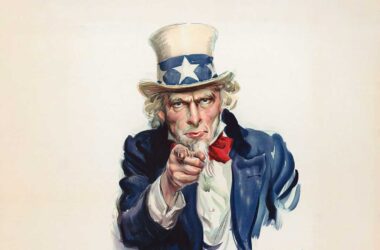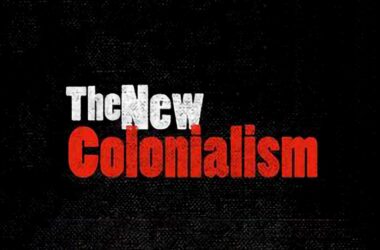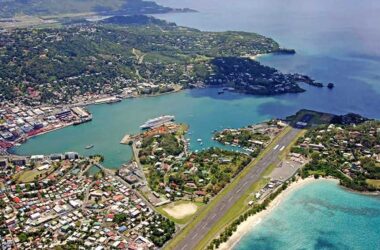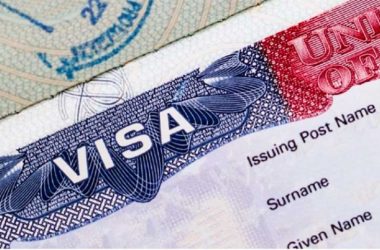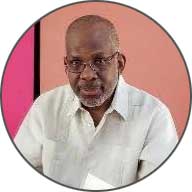
Regular readers of this column would probably know that I am a big fan of Singapore. This attraction has been powerful enough to drive me to make two visits there; to read the biographies of Lee Kuan Yew, the island’s formidable, first Prime Minister and Tommy Koh, its enormously talented, former UN Ambassador; and to monitor the steady flow of policy innovations being implemented by its government.
Like all human beings, Mr. Yew had his detractors. Yet I suspect that even they would acknowledge his outstanding leadership which transformed Singapore from a “Third World” country to a “First World” country within five decades.
France’s Napoleon Bonaparte considered a leader a “dealer in hope”. Machiavelli, writing in the Prince noted that “…a (leader) who is a man of courage and is able to command, who knows how to preserve order in his state, need never regret having founded his security on the affection of the people.”
These first-hand assessments of the hallmarks of a leader, fit Lee Kuan Yew “to a T.” Consider that he was only 35 years old when he was entrusted with the role of Prime Minister of the small island state with no hinterland and no natural resources. At the time, Singapore had endured a double dose of co-lonialism on either side of the Second World War – first with the British and then with the Japanese. Moreover, it was thrust into Independence after the collapse of its short-lived Federation with Malaysia. Its only real “assets” at that time were the British military bases which provided fragile protection.
Faced with these daunting circumstances, Mr. Yew did something that only self-assured leaders do. He surrounded himself with the brightest and most competent Singaporeans—many of whom were much younger than himself–whom he literally plucked out of Universities around the world. Then, he estab-lished a robust law and order framework using the remnants of an “army” beset by ethnic and cultural tensions, especially between the Malays and the Chinese. Then he set about building a vibrant econo-my in a brutally competitive region, using the industry, thrift and the eagerness of Singaporeans to learn.
As far as Mr. Yew was concerned Singapore’s small size had no bearing on its ability to assert its sover-eignty. In this regard, he never flinched from tough and/or unpopular battles. When TIME Magazine erroneously reported that an Opposition MP had been found guilty by Singapore’s Courts on charges of disposing of assets to defraud creditors and giving false evidence, the Singapore Government called the attention of the Magazine to three errors of fact in the article and asked that the PM’s letter be pub-lished in its entirety. When Time refused the Government responded by restricting the sale of the mag-azine from 18,000 to 9,000 and then to 2,000 copies.
Some of Mr. Yew’s approaches to tackling social and environmental ills, like littering, spitting in public, noise pollution and rudeness were deemed by his critics as draconian. But he never doubted the na-tional benefits that would accrue from these measures, including the emergence of a highly disciplined and environmentally conscious citizenry. Singapore’s signature lush green vegetation can be attributed to a “clean and green” campaign, implemented in the 1970s and 1980s, in which all senior public offic-ers were involved in planting millions of trees, palms and shrubs.
A true indicator of the strength of Mr. Yew’s character and leadership is his anti-corruption campaign. For much of the 1960s, corruption was the norm in much of Asia. It still is. On assuming office in 1959, Mr. Yew’s Government set out to ensure that every dollar in revenue was properly accounted for and would reach the beneficiaries at the grass roots, as one dollar, without being siphoned off along the way. Laws were enacted giving investigators wide powers to arrest, search and investigate bank ac-counts of suspects and their families. Proof that a suspect was living beyond his/her means or had property that could not satisfactorily explained was allowed in the Courts as corroborating evidence of corruption.
That campaign unearthed several corrupt Ministers, one in each of the decades from the 1960s to the 1980s. The most dramatic downfall was that of Teh Cheang Wan, then Minister for National Develop-ment and a close friend of the Prime Minister, who took a bribe to allow a developer to keep a piece of land that had been earmarked for Government acquisition. He denied taking the bribe and tried to bargain with the Investigating Officer to drop the case. He tried to see Lee Kuan Yew, who refused to do so until the investigations were over. A week later, Mr. Teh took his life. Unsurprisingly, Singapore is gen-erally perceived as the least corrupt and financially transparent countries in the world,
Singapore’s phenomenal success in all measurable spheres is there for all to see. It has one of the most resilient economies in the world. The number of Singaporeans holding shares in public corporations and private companies is higher than any other country in the world. Singapore Airlines frequently ranks among the top five airlines in the world.
Mr. Yew’s stunning legacy was evident in current, PM’s Lawrence Wong’s measured and fearless state-ment in response to the US’s imposition of 10 percent “reciprocal tariffs” on Singapore. It contained no hint of panic. Such is the confidence of Singaporeans in their country’s resilience, that I doubt they needed Mr. Wong’s reassurances that Singapore had the means to survive the new tariffs and any en-suing upheaval in global trade. Nevertheless, Mr. Wong confidently predicted that Singapore would continue to be a “beacon of stability, purpose and hope” because of the financial discipline and pru-dence it has exercised over many decades. In another bow to Mr. Yew’s legacy, he acknowledged that Singapore is better placed than it was 60 years ago, because it has developed deep reserves as a strate-gic buffer, and had established a strong social compact, built based on solidarity and trust among its citizens.





